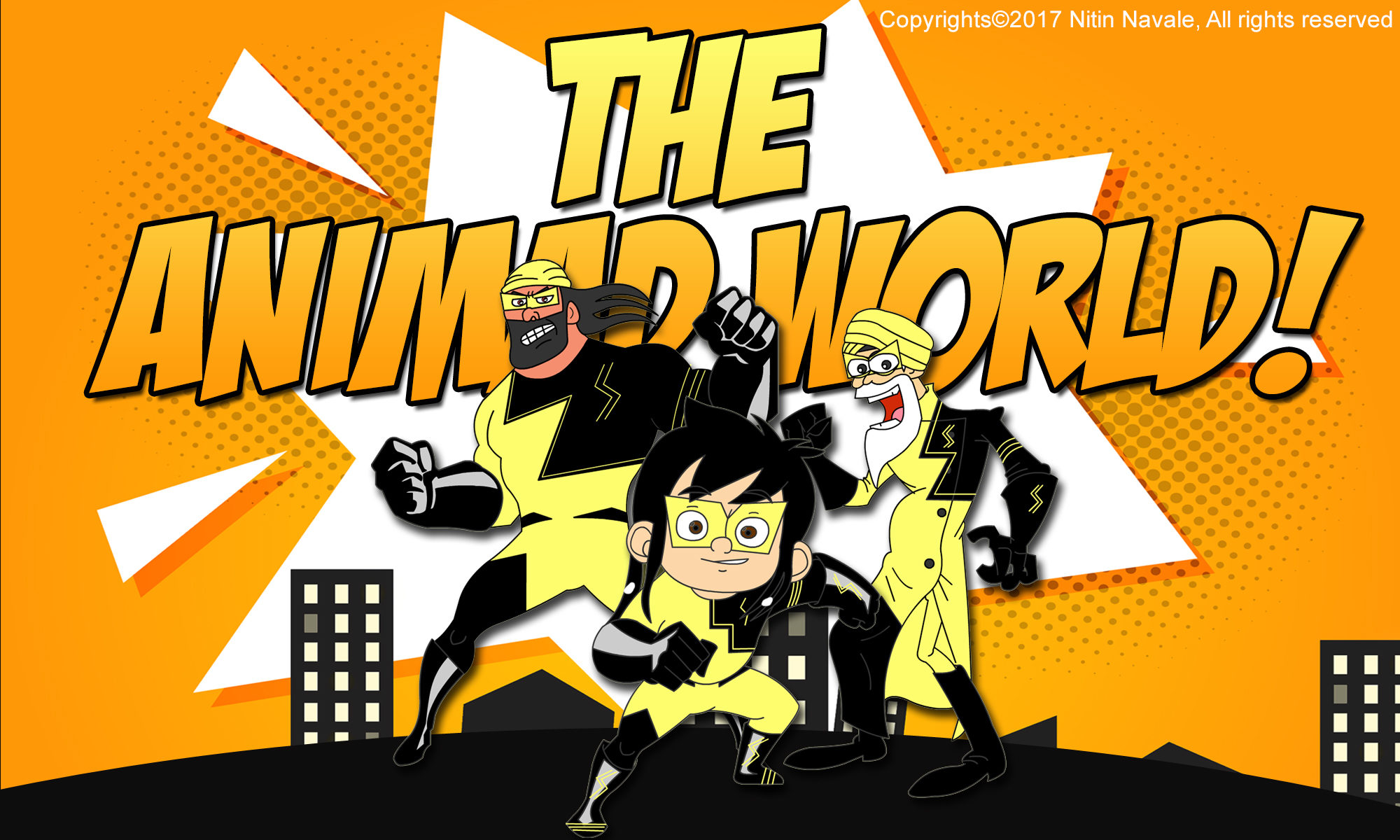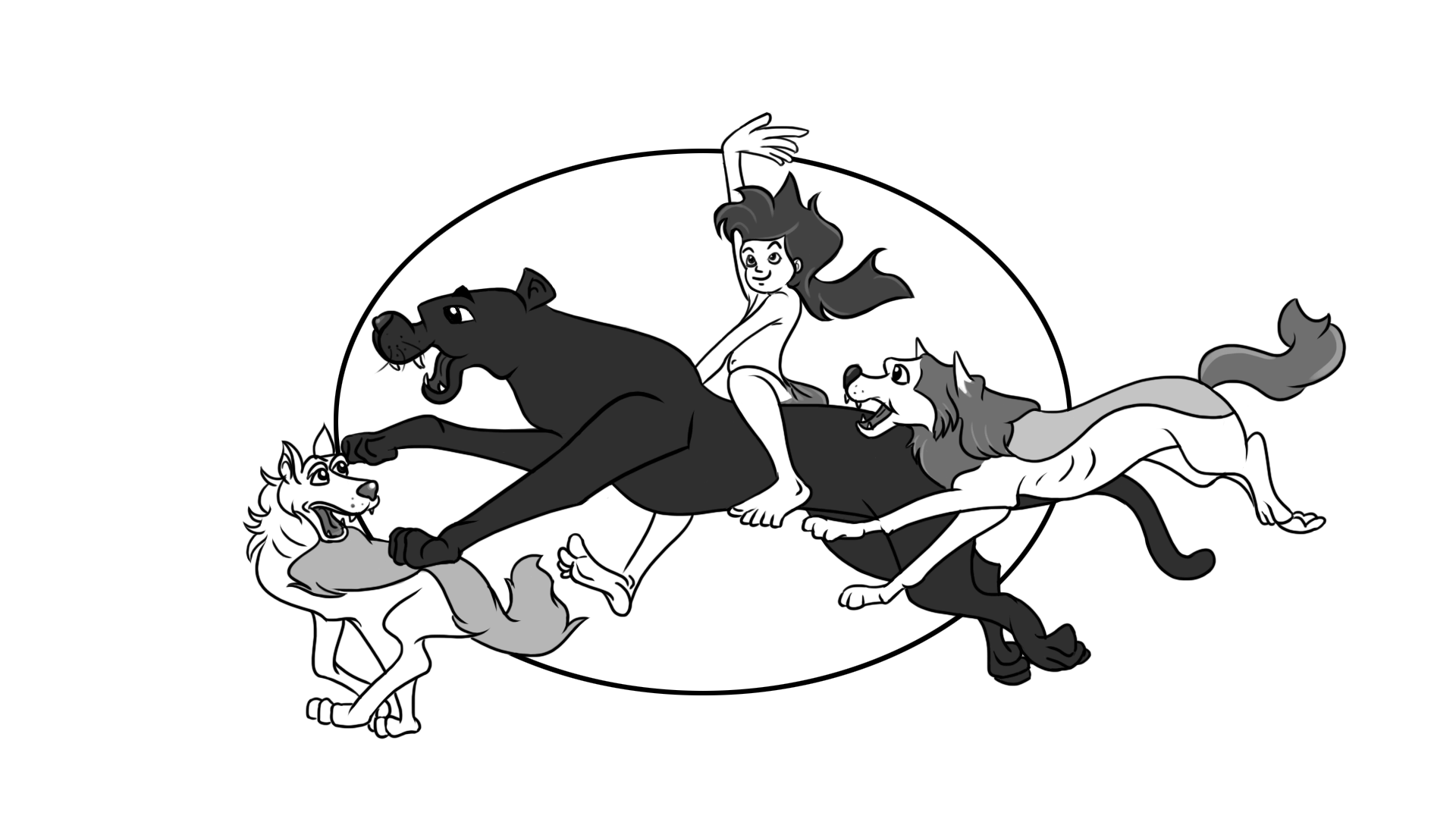|
 Adapted from Rudyard Kipling’s book and directed by Fumio Kurokawa, “The Jungle Book” debuted on Indian television in the year 1993. An era hanging on the doldrums of an imbalanced economy, communal violence, and filthy terrorism.
Adapted from Rudyard Kipling’s book and directed by Fumio Kurokawa, “The Jungle Book” debuted on Indian television in the year 1993. An era hanging on the doldrums of an imbalanced economy, communal violence, and filthy terrorism.
And amid this massive burning cauldron, in the monsoon of July 1993, our houses echoed with a delightful song written by the great Gulzar, the title song of the series “Jungle Jungle baat chali hai, pata chala hai.” It was a much-needed escape from the series of depressing events that engulfed our nation at that time. The song brought a sense of optimism and cheerfulness amongst the people, specifically children, during a challenging time in Indian history.
By that time, many great Disney and Warner Bros shows were already running successfully. Still, none of them were able to instantly resonate with us, and profoundly influence a generation like The Jungle Book. It was a show that brought the families together and made Sunday afternoon the best time of the week. Soon Mowgli became a common household name and an integral part of our pop culture.
So what’s it’s about The Jungle Book specifically, that it was able to touch us in such a way that no other show can recreate the magic to date?. What was it about this show that made every child of our generation, wanting to run with the wolves, learn the language of every species, and climb on Bagheera’s back to jump over the cliff despite its secrets and dangers?
Well, It’s easy to guess it on the surface level, as it’s an entertaining show about a wild Indian boy who swings across the forest in his shorts along with his animal friends and their adventures in the wilderness in the midst of fighting the cunning and cruel tiger. For kids, that was more than enough reason to watch it, but on a deeper level, it was a show filled with great philosophical knowledge, values and was no lesser than a self-help book. At its core, it’s a story about growing up, maturing, learning more about the world, finding new friends, and, more importantly, finding yourself.
In other words, it was an excellent metaphor for our lives. Yes, the forest represented the concrete jungle we stay in. The animals represented our friends and families who care for us and protect us. The nemesis waiting in ambush posed the obstacles and problems we face, and the misfit protagonist represented “US,” lost into the unknown striving to survive. Just like Mowgli, we all face issues like growing up, we all feel like an odd one in the pack of wolves, and we all struggle to find our true identity always trying to adjust according to our environment in the vast civilized jungle.
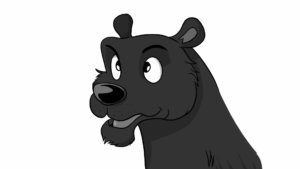
The series did a fantastic job of showcasing the human values through these animals, and with great subtlety, provided various practical solutions for the dilemmas we face in our daily lives. It showed us the importance of finding our true self, and how everyone has some unique talent and skillsets, which we need to figure out to persevere in this world.
At the same time, it taught us the significance of family bonding, the sacrifices we need to make, staying true to our words and commitments, respecting the law, dealing with the loss of loved ones, and overcoming it.
And most importantly, it taught us the virtues of co-operation over pridefulness, by testing our beliefs against other people and finding common ground. It showed us that life is about walking according to the situation and opening ourselves to change.
And it did it without coming across as preachy or forceful. Its beauty was in its delicacy and simplicity wrapped in the innocence of a young mind. Truly, so far, no other show ever managed to achieve this and deeply touch our emotions, like The Jungle Book.
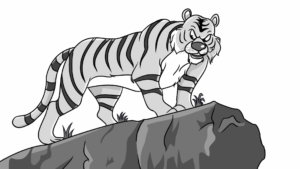
The anime also did a fabulous job of staying sincere to its original source material by staying dark and realistic as compared to the early cotton-candy Disney version. In the 1967 animated film, the story revolved around Shere khan trying to eat the boy, as his animal family tries to convince him to leave the jungle and live in the human village, which he is hesitant to do.
But later, Mowgli’s mind abruptly shifts when he is captivated by a pretty young girl from the village who is coming down by the riverside to fetch water. After noticing Mowgli, she “accidentally” drops her water pot. Mowgli retrieves it for her and follows her into the Man-Village and lives happily ever after.
Although that’s the basic concept of the anime as well and the movie is enormously popular and features a few memorable songs but received a considerable objection from critics and viewers for portraying certain characters in an insensitive way and altering the plot to serve Disney’s family film genres. That does not do any justice to the dramatic and sinister tone of Kipling’s work like the anime did years later.
Fortunately, Disney did realize their mistake and fixed it effectively in its latest live-action flick in 2016. They understood that it’s not about making selfish choices and our connection with our inner desires. It’s about the relationship between nature and mankind, the importance of respecting the natural laws, and how it is possible for us to harmoniously co-exist with nature that the anime displayed so effectively.
But one important factor that both the movie and the anime exposes is the literary trope called the Noble Savage. It embodies the concept of the indigene, an outsider, wild human who has not been “corrupted” by civilization, and therefore symbolizes humanity’s natural goodness. And it is this sense of innocence and naiveness that makes Mowgli such a relatable character that we all cherish and deeply connect with.
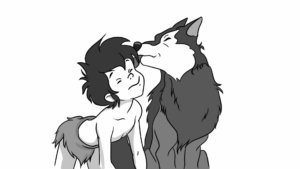
Here is an excellent lesson for Indian animation shows as well. Most of our Tv shows are influenced by Bollywood style structure, where the main protagonist is always invincible and is the epitome of perfection that we will discuss in detail in the upcoming articles.
But the success of The Jungle Book proved that you don’t need unnecessary actions, tacky gags, and larger than life protagonist to make a great show. As there was a show that shared the values of life and made an everlasting impact through an imperfect hero, who struggles like us, commits mistakes like us, learns like us. And most importantly grows like us, making it the greatest show of all time for our generation, at least in our hearts.
